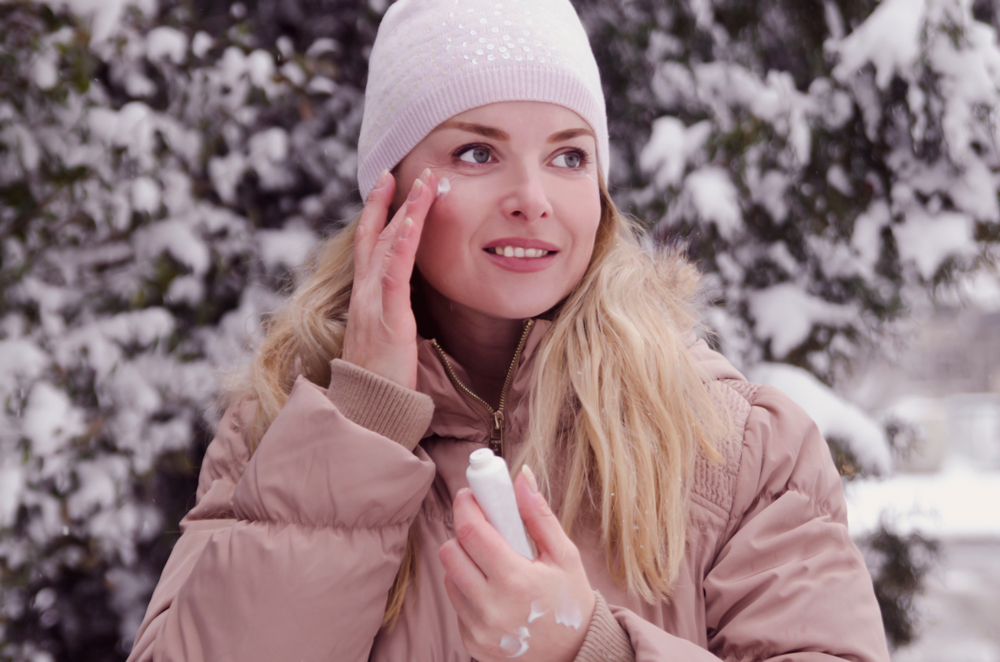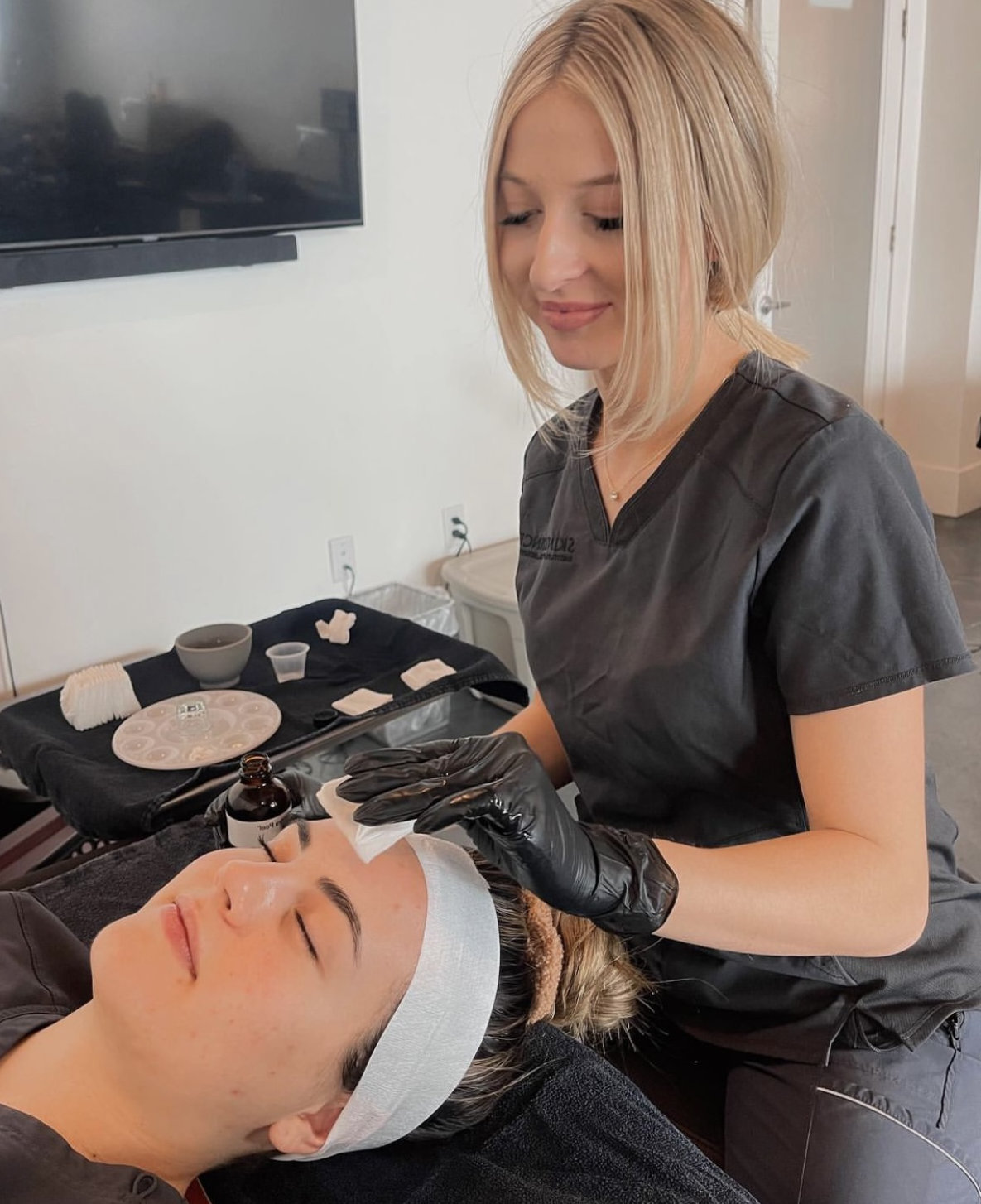The winter months can be harsh on your skin. Low humidity and cold temperatures wreak havoc, leaving skin feeling dry, flaky, and irritated. The good news is that esthetician schools, like Skin Science Institute in Sandy, Utah, teach students how to take care of their client’s skin during winter. So, booking an appointment at an esthetician school student spa this winter is a good idea.
While estheticians typically focus on providing facials, peels, and a variety of other body treatments to improve the appearance of the skin, they also play a key role in helping to protect the skin from damage. This is especially important in the winter when the freezing weather can challenge even the hardiest complexions.
Here are seven skin care tips for keeping your skin healthy and hydrated all winter. With a few simple tweaks to your skincare routine, you can help your skin survive the winter unscathed.
1. Use a Humidifier
A humidifier is a terrific way to combat dry winter air. Indoor heating can quickly turn a room into a desert-like environment, which sucks all the moisture out of our skin. But a humidifier adds much-needed moisture back into the air, which in turn helps our skin stay hydrated and plump. Keep your humidifier on at night so that you can reap the maximum benefits while you sleep.
2. Moisturize
This is probably the most important tip on this list. When the temperature drops and the air gets dry, our skin loses moisture faster than usual. Combat this by using a rich, emollient moisturizer to lock in hydration. Look for a formula containing hyaluronic acid or glycerin to help lock in moisture.
Apply your moisturizer immediately after showering or bathing to help trap water in the skin and prevent evaporation. And don’t forget to pay extra attention to areas like the elbows, knees, and heels that tend to get particularly dry.
3. Avoid Hot Showers
It is tempting to take a long, hot shower when it’s cold outside. But your skin will thank you if you resist the urge. Hot water strips away the natural oils that keep our skin healthy and hydrated. So instead of cranking up the heat, opt for lukewarm water and try to keep your showers short.
4. Gently Exfoliate
Exfoliating is vital for getting rid of dead skin cells that can build up and make skin look dull. However, it’s important to be gentle when exfoliating in winter, as skin is more susceptible to irritation. Avoid harsh scrubs and look for products that contain soothing ingredients like aloe vera or chamomile. To avoid overdoing it, you should also limit exfoliation to once or twice a week.
5. Protect Your Skin From the Elements
Protecting your skin from the wind and sun is important when you spend time outdoors in wintry weather. Cover up as much as possible with clothing. And if you are out in the sun, apply sunscreen with an SPF of at least 30. Wearing gloves when exposed to cold temperatures is also a good idea, as they’ll help prevent your hands from drying out and becoming chapped.
6. Stay Hydrated
Hydration is critical for maintaining healthy skin all year round but is especially important in winter when skin can dry more quickly. Be sure to drink plenty of water throughout the day, and include hydrating foods such as cucumbers, tomatoes, and watermelon in your diet. You can also amp up your hydration levels by using a face mask or serum containing hyaluronic acid one to two times per week.
7. Get Enough Sleep
Getting enough sleep is essential for overall health, but it’s also vital for keeping your skin looking its best. When you’re well-rested, your body is better able to repair damage and maintain its natural protective barrier. Both of which lead to healthier-looking skin. Aim for seven to eight hours of sleep per night.
Following these simple tips– using a humidifier, moisturizing, avoiding hot showers, gently exfoliating, protecting your skin from the elements, staying hydrated, and getting enough sleep can help keep your skin looking its best all winter long! If you have questions about caring for your skin during the colder months, please don’t hesitate to contact Skin Science Institute in Sandy or Orem, UT.




